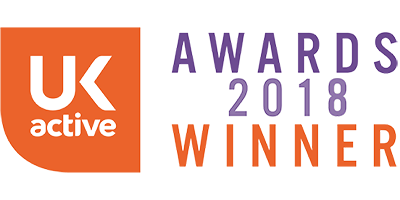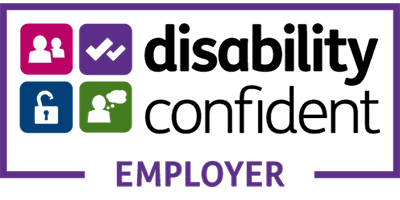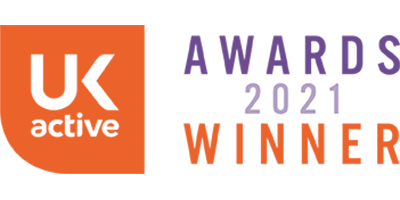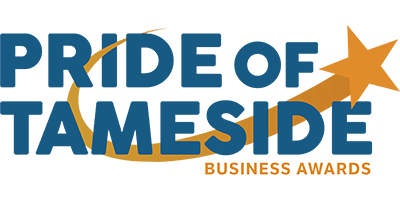Book Online
Book Online
Timetables
Timetables
Memberships
Memberships
Download App
Download App


Accessibility & Language
Aerobics
Aqua Fit
Bar Blast
Beatz®
Box Fit
Circuit Training
Core Workout
Dance Energy
Fitball
Fitness Pilates
Functional Fitness Circuits
Hi-lo Retro
Hiit
Hiit Step
Holistic Fusion
Kettle Blast
Legs Bums & Tums
Les Mills Bodyattack
Les Mills Bodybalance
Les Mills Bodycombat
Les Mills Bodypump
Les Mills Dance
Masters Swim
MyZone
Pilates
Rockbox
Spin
Spin Express
Step Aerobics
Strength & Conditioning
Stretch
Synrgy 360
Tai Chi
Tone & Shape
Total Body Workout
Yoga
Zumba
Zumba Gold




